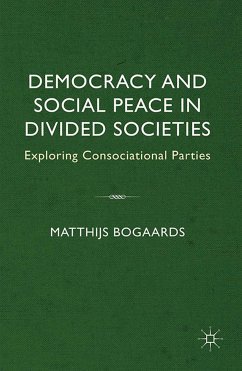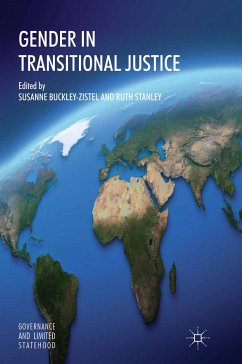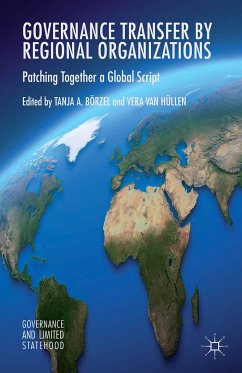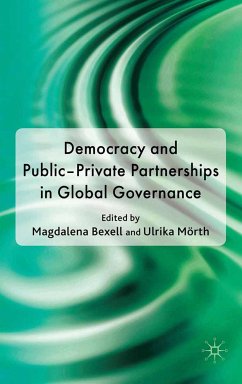
Informal Justice in Divided Societies (eBook, PDF)
Northern Ireland and South Africa
Versandkostenfrei!
Sofort per Download lieferbar
40,95 €
inkl. MwSt.
Weitere Ausgaben:

PAYBACK Punkte
20 °P sammeln!
Informal Justice in Divided Societies examines the ways in which paramilitary and vigilante activity are linked with controlling community crime in both Northern Ireland and South Africa. Drawing upon original research, Colin Knox and Rachel Monaghan analyze the agents of informal justice, its victims and why communities endorse this form of retribution. They conclude the book with a wider debate of the abuse of human rights suffered by many victims of community crime and tentatively highlight future policy implications.
Dieser Download kann aus rechtlichen Gründen nur mit Rechnungsadresse in A, B, BG, CY, CZ, D, DK, EW, E, FIN, F, GR, HR, H, IRL, I, LT, L, LR, M, NL, PL, P, R, S, SLO, SK ausgeliefert werden.












